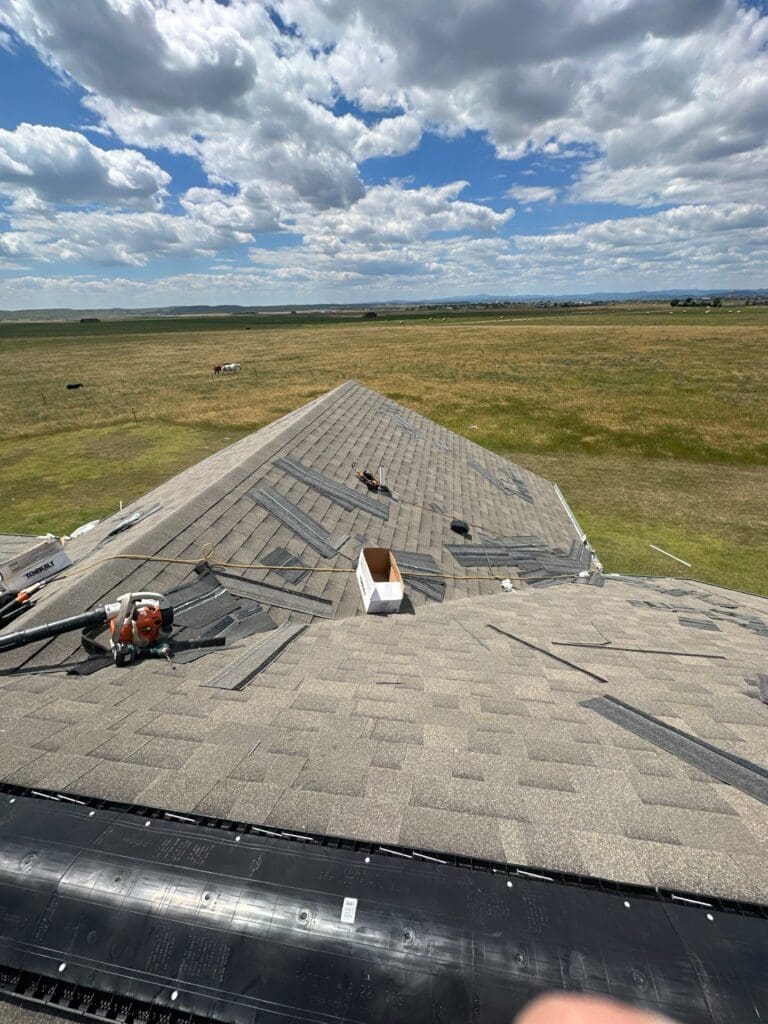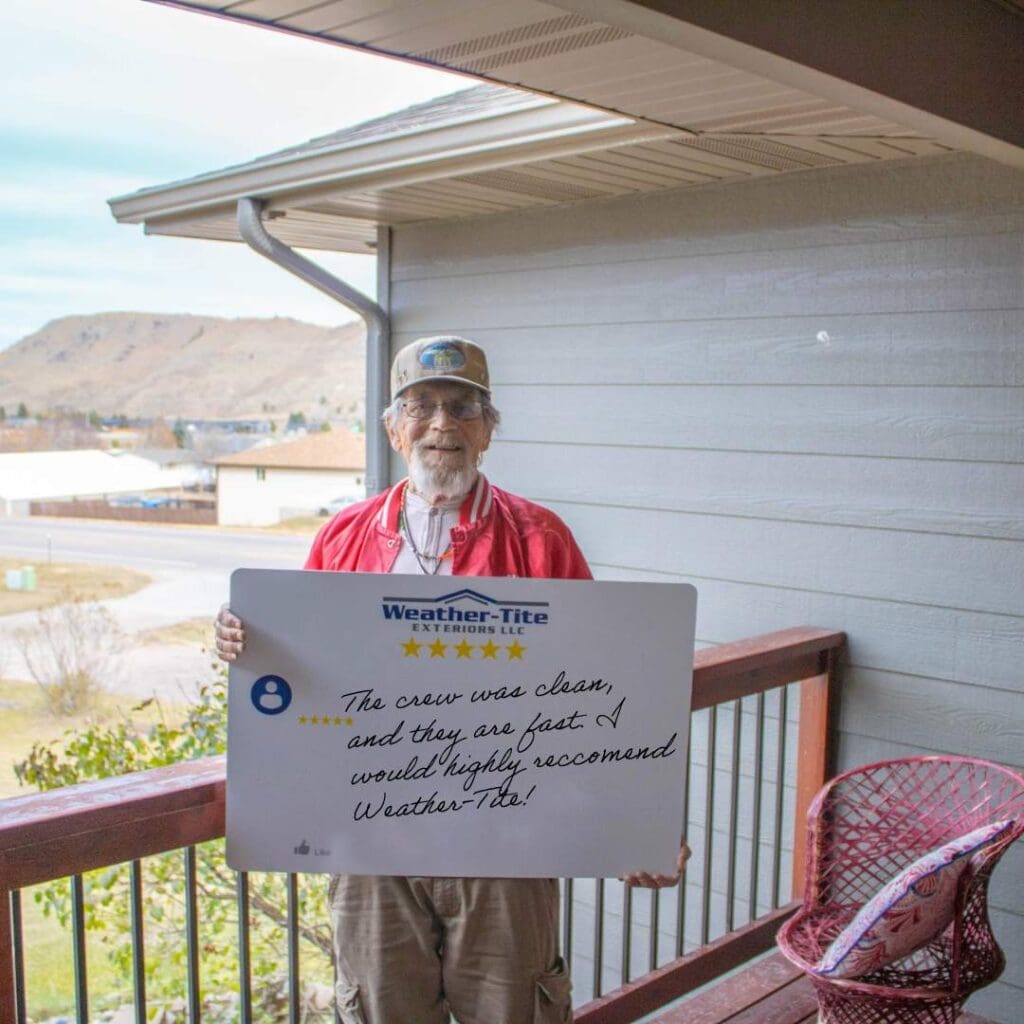The realities of construction and why a great contractor is key to overcoming them
As a homeowner embarking on a construction project, it’s natural to expect a smooth journey from start to finish. After all, the plans have been drawn, the permits obtained, and the budget set. But the truth is, construction is not always as predictable as it seems. In fact, no matter how carefully a project is planned, problems will inevitably arise. It’s important to understand that these issues are often out of the contractor’s control. The weather, supply chain disruptions, labor shortages, and unforeseen site conditions can all interfere with even the most well-prepared schedules.
The phrase “There will be problems” is often used in the construction industry to describe the inevitability of complications during a project. And while it might sound pessimistic, this reality is actually an opportunity for your contractor to shine. A great contractor doesn’t promise a problem-free experience, but instead, assures you that they are equipped to handle whatever challenges arise and keep your project moving forward toward completion.

Common Challenges in Construction
- Weather Delays: Weather is perhaps one of the most unpredictable and uncontrollable factors in construction. Whether it’s unexpected rain, snowstorms, extreme heat, or freezing temperatures, weather conditions can halt progress, delay deliveries, and extend timelines. While a contractor can’t control the weather, a good one will anticipate and plan for potential delays by having contingency plans in place.
- Supply Chain Issues: In recent years, the construction industry has seen significant disruptions in supply chains. Materials can be delayed, out of stock, or become more expensive due to factors beyond the contractor’s control. Whether it’s a shortage of lumber, concrete, or specialty items, these hiccups can affect both timelines and costs. A top-tier contractor will stay on top of industry trends, maintain strong supplier relationships, and adjust procurement strategies to minimize disruptions.
- Labor Force Fluctuations: The availability of skilled labor can fluctuate, often due to factors like seasonal demand, labor shortages, or even unexpected health issues. A delay in the availability of skilled workers can affect project timelines and quality. Experienced contractors are accustomed to this challenge and will adapt by reshuffling their team, utilizing subcontractors, or hiring temporary staff to ensure steady progress.
- Unforeseen Site Conditions: Construction sites are rarely entirely predictable. Sometimes, once the ground is broken, problems with the soil, foundation, or hidden structural issues arise that were not evident during the planning phase. While these issues can be costly and time-consuming, they don’t come as a surprise to a seasoned contractor who has experience dealing with these challenges and can adjust plans and budgets accordingly.
Why a Great Contractor is Key
While problems are inevitable in construction, it’s how they’re handled that makes the difference. The hallmark of a great contractor is their ability to adapt and pivot when challenges arise. Here’s what a skilled contractor brings to the table:
- Problem-Solving Mindset: A seasoned contractor doesn’t shy away from challenges. Instead, they approach each problem with a solution-oriented mindset. Whether it’s figuring out how to work around a sudden weather delay or finding an alternative supplier for an out-of-stock material, a great contractor stays proactive and focused on delivering results, even when things don’t go as planned.
- Effective Communication: One of the key aspects of managing problems in construction is keeping everyone informed. When unexpected delays or issues occur, a good contractor will promptly communicate with the homeowner about what’s happening, how it impacts the project, and what steps will be taken to resolve it. Transparent communication helps reduce stress and keeps the project moving forward in the right direction.
- Adaptability: The construction process is dynamic and ever-changing. A contractor who can pivot and adapt quickly to changing conditions ensures that setbacks don’t derail the entire project. Whether it’s adjusting the schedule to accommodate delays, reworking designs to deal with unforeseen site issues, or sourcing materials from a different supplier, adaptability is essential to keeping the project on track.
- Minimizing Impact: Although problems are inevitable, the right contractor will work to minimize their impact on the overall project. This could mean negotiating with suppliers for faster delivery, adjusting the project scope to make use of available materials, or adding a little extra time to the schedule to accommodate unforeseen delays without compromising the project’s overall quality.
Conclusion
Construction projects are inherently complex, and no matter how meticulously planned, there will always be challenges that arise during the process. It could be bad weather, a supply chain disruption, a labor shortage, or unexpected site conditions—these things are outside anyone’s control. However, a great contractor understands these realities and is prepared to navigate them effectively.

A skilled contractor doesn’t promise a problem-free experience but guarantees that they will address challenges head-on with expertise, resourcefulness, and a commitment to quality. Their job is not only to keep the project moving despite obstacles but to ensure that you, the homeowner, feel confident and informed throughout the entire process.
So while problems will arise, rest assured that with the right contractor by your side, your project will remain on track and be completed to the highest standards, no matter what hurdles come along the way.



